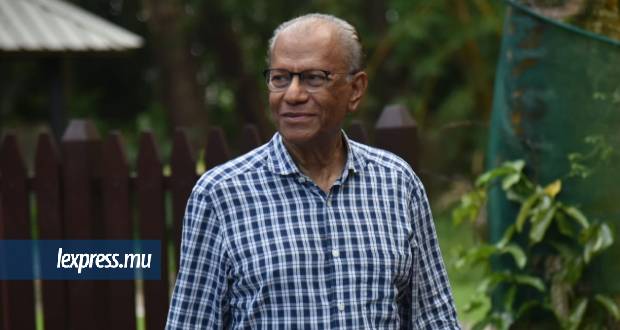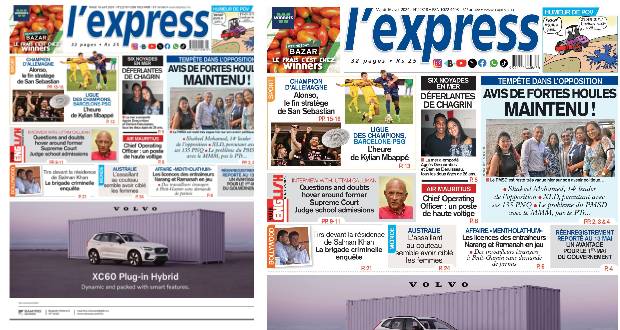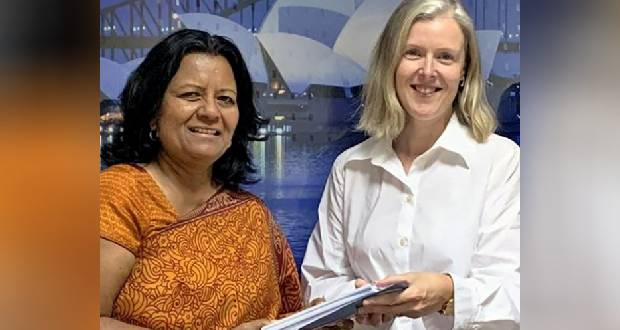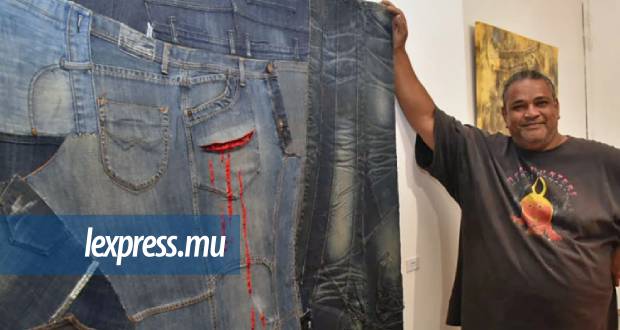Publicité
Ganoo’s recipe for disaster
Par
Partager cet article
Ganoo’s recipe for disaster


Alan Ganoo, leader of the Mouvement Patriotique, wants new banknotes to be introduced to tackle the drug trade. That at least is the idea he is pitching to the drugs commission. The idea is that drug traffickers will not be able to use the banknotes they have stashed away, dealing a blow to the narcotics trade.
It is a barmy idea. Firstly, it assumes that drug traffickers simply take the money they get and stash it under their mattresses. That simply is not true. Any self-respecting drug lord either stashes the money abroad, buys gold or foreign currency, puts it into real estate, buys racehorses or launders it through a front business. Gros Derek had his boulette shop, Navin Kistnah, his gambling receipts and Azaree, his fast food business. In short, very little is actually kept as cash in a hole in the backyard. In fact, not just drug dealers, but many people hardly hoard cash anymore, faced with depreciation and low interest rates, how many have invested in Ponzi schemes, or bumper-return schemes like the Super Cash Back Gold or assets? So coming up with new notes won’t actually hurt drug lords.
But it might end up hurting everybody else. Nearly 40 per cent of GDP and 60 per cent of formal employment comes from small and medium enterprises, most of which deal on a cash basis. And the Bank of Mauritius in 2013 estimated that 20 per cent of the population did not have a bank account, dealing just in cash. This is important in view of the following: There are two ways that Ganoo’s proposal can be implemented. The first is announce a sudden deadline to exchange old notes for new ones, leaving drug barons scrambling for their fictitious hoards. This is the route that Ganoo seems to imply. Now drug barons who plough their gains through assets won’t be affected, but it will lead to long queues at banks and ATMs. If the government does not suddenly print up enough new notes to compensate, it might lead to a liquidity crunch, a slump in demand and the destruction of part of the mechanism of the exchange of goods. This will affect cash-dependent occupations like taxi drivers, hawkers, temporary workers, construction workers and many of the afore-mentioned SMEs might be pushed over the edge into bankruptcy. It’s unlikely that the government will be able to print up enough notes as even the tax authorities struggle to figure out how much cash people like dholl puri sellers or kebab stalls actually handle. It would be shock therapy that would damage our already struggling economy. And all, keep in mind, for nothing. Faced with queues around the block, would a bank teller really be able to tell the difference between money from Gros Derek’s boulette shop and another boulette shop? Unlikely.
The other way would be to continue to accept the old notes as legal tender and gradually phase out the old ones. That is to prevent economic shocks, and has been the way it’s always been done (why you still see non-polymer notes). In that case, drug barons would simply take their time to switch old notes for new and continue merrily laundering away. Since independence, Mauritius has changed its banknotes no less than three times: in 1985, 1998 and 1999. The drug trade continued to thrive. So this too, is a nonstarter.
There are less destructive ways for Ganoo to remind people that his party still exists.
For more views and in-depth analysis of current issues, subscribe to Weekly for as little as Rs110 a month. Free delivery to your door. Contact us: touria.prayag@lexpress.mu
Publicité
Les plus récents






